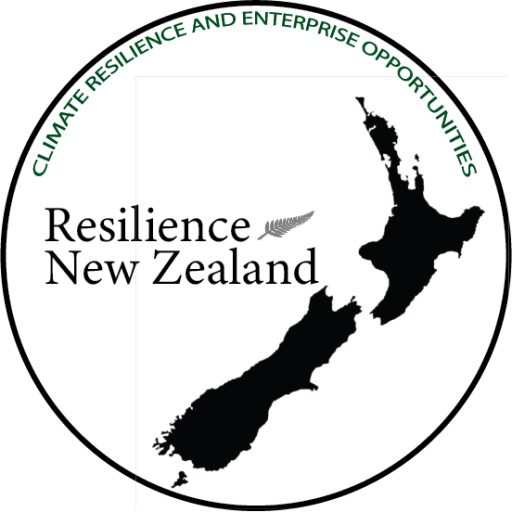Academia
Insightful Stories
New Zealand is interesting because it faces unique climate challenges, notably natural disasters. Some of those natural disasters include earthquakes and sea level rise.
This leads to the question: How can reducing carbon emissions in Aotearoa New Zealand help the ocean?
From 1998 to 2020, the sub antarctic surface waters of Aotearoa New Zealand reached a pH of 8.057. That value represents an 8.6% increase in overall ocean acidity. The primary cause of ocean acidification is carbon dioxide adsorption.
Creatures that rely on a certain pH to build their shells and skeletons, namely plankton and crustaceans, have difficulty when the pH gets too low.
Aotearoa New Zealand’s ocean waters and creatures are one of the many ways carbon emissions affect our climate.
Unique Features




Measuring Rural Community Resilience: Case Studies in New Zealand and Vermont, USA
This article addresses the dangers of ignoring ‘slow moving’ change (such as rural depopulation) as an urgent issue in climate change phenomena. This article proves that community climate resilience can be quantified and broken up into different dimensions. This article specifically focuses on New Zealand and Vermont, USA and assesses eight different communities across the two locations and compares their perceptions of climate change to indicators of climate resilience in the form of official statistics. The article found that on average people in Vermont perceived their communities as more resilient than people in New Zealand. The overall drivers of overall perception in New Zealand were mainly social and cultural, while in Vermont they were economic and environmental. Research found that resilience indicators tended to be weakly related or unrelated to communities’ perceptions of resilience. These findings suggest that while there are ways to measure resilience to be used across contexts – there does not seem to be one type of resilience that is key to an overall higher resilience.
Rethinking Social Contracts: Building Resilience in a Changing Climate
This article discusses the social contracts we as a society build to define reciprocal rights, obligations, and responsibilities between citizens and the government. WIth the change of weather patterns and new extremes, it is inevitable that social contracts and norms pertaining to the security of future generations are going to shift and change. This article takes a look at data collected from Norway, New Zealand, and Canada to discuss how a resilience mindset can alter social contracts, emphasize changing dynamics, and provides a complex understanding of coupled social ecological systems. We need to continue to take a look at how social contracts inform and influence government policy and use it to our societal advantage when it comes to climate change. New Zealand has a resource-dependent economy with an indigenous population and a strong history of liberal social contracts – meaning that the use of social contracts as a medium to lobby for change is a necessity.
The Moral Dilemma
Finding Common Ground between Maori Views and Advancements in Technology
In many ways, Maori beliefs and values clash with advancements in technology. As an integral group within New Zealand, it is important to incorporate the Maori people in discussions about technological advancements in New Zealand. Encouraging public engagement promotes sustainable citizenship and, likewise, climate resilience.
An important point to note
We are writing from an outside perspective: looking at online research articles and newspapers for information. Likewise, we recognize our limitations on the scope of the following topics and how we can’t speak for the Maori people.
As displacement due to climate change grows as a global issue, this article predicts that Aotearoa New Zealand will soonest receive refugees from smaller islands in the Oceania region. This article explores how climate change denial and political polarization slow necessary policy initiation in the New Zealand and Australian governments (Acceptance of climate change and climate refugee policy 2021).
Political Polarization
Developing a Landscape Design Approach for the Sustainable Land Management of Hill Country Farms in New Zealand by Duy X. Tran, Diane Pearson, Alan Palmer, and David Gray
This paper covers the challenging feat of creating sustainable development for New Zealand’s hill country farms. Though the current system is profitable – New Zealand needs a new system that is more supportive for farmers while producing more beneficial environmental outcomes. Throughout this paper they suggest using geo-design and theories drawn from landscape ecology to plan and design multifunctional landscapes that offer improved sustainability. These designs would mainly focus on curating a configuration of landscapes that actively maintains or restores important landscape functioning. Making these design improvements will promote landscape resilience and create a reference for sustainable farm system design to advance global environmental management.
